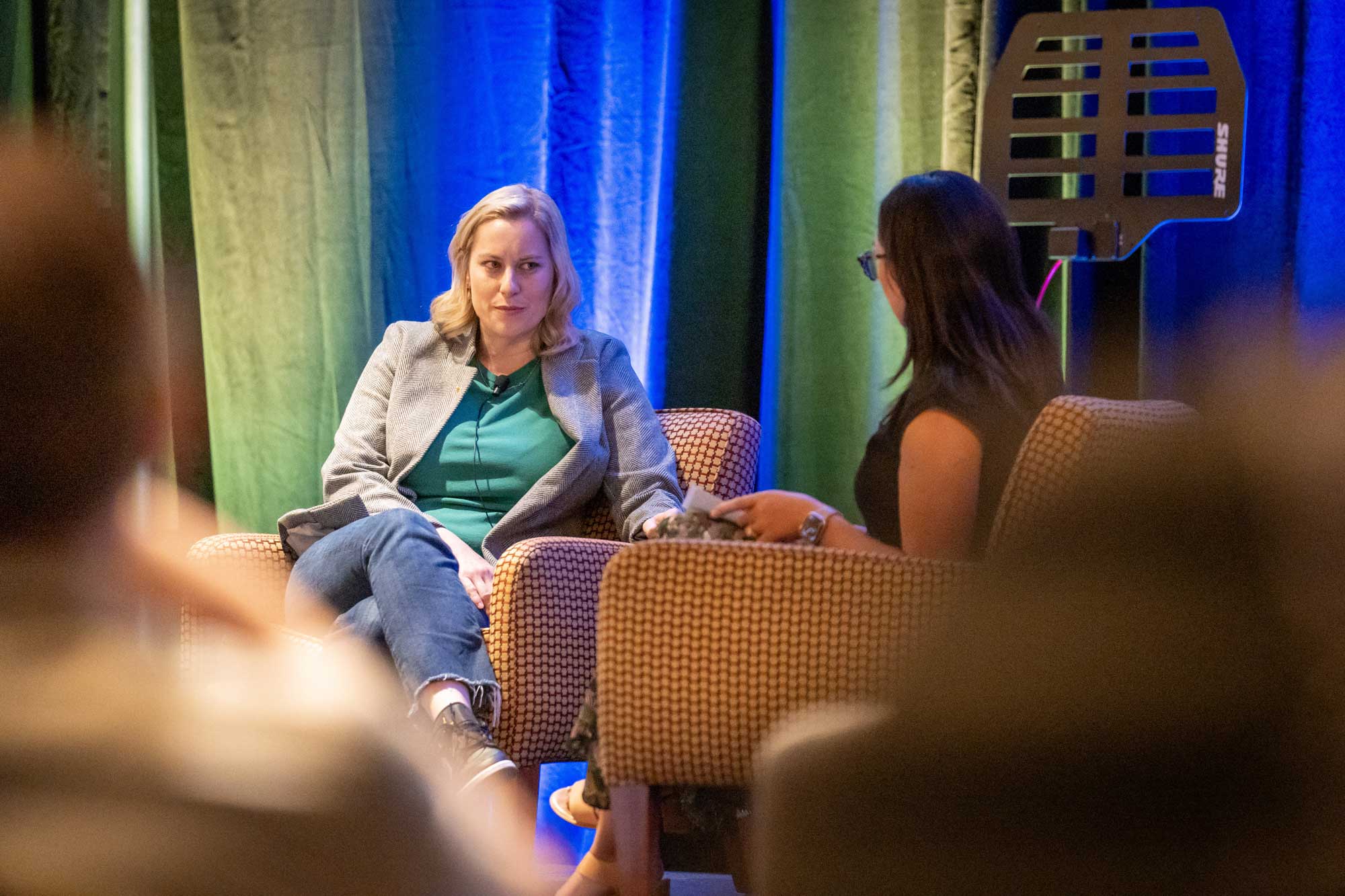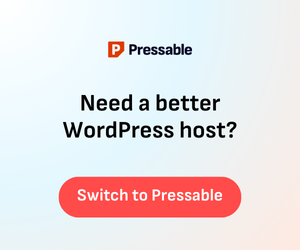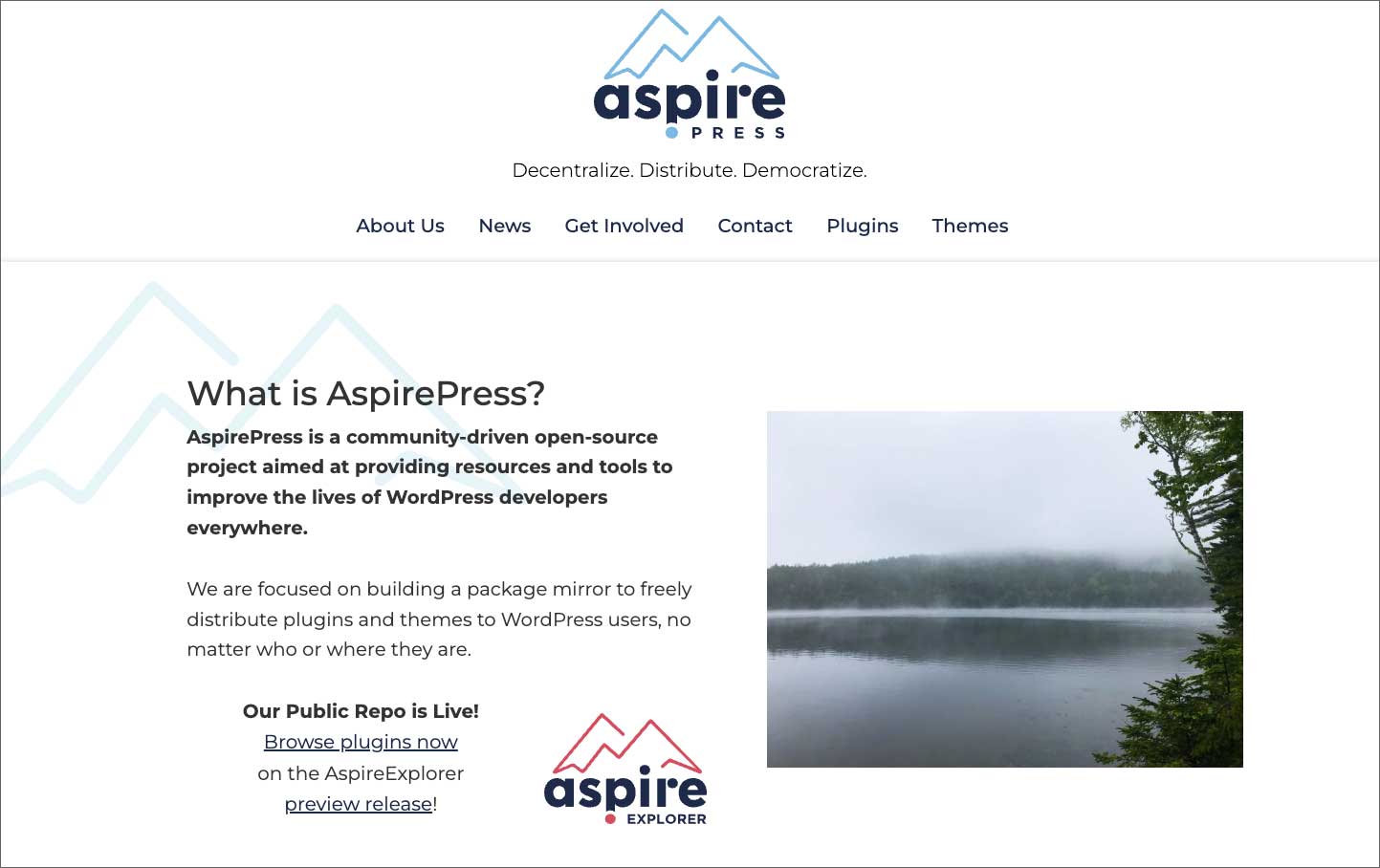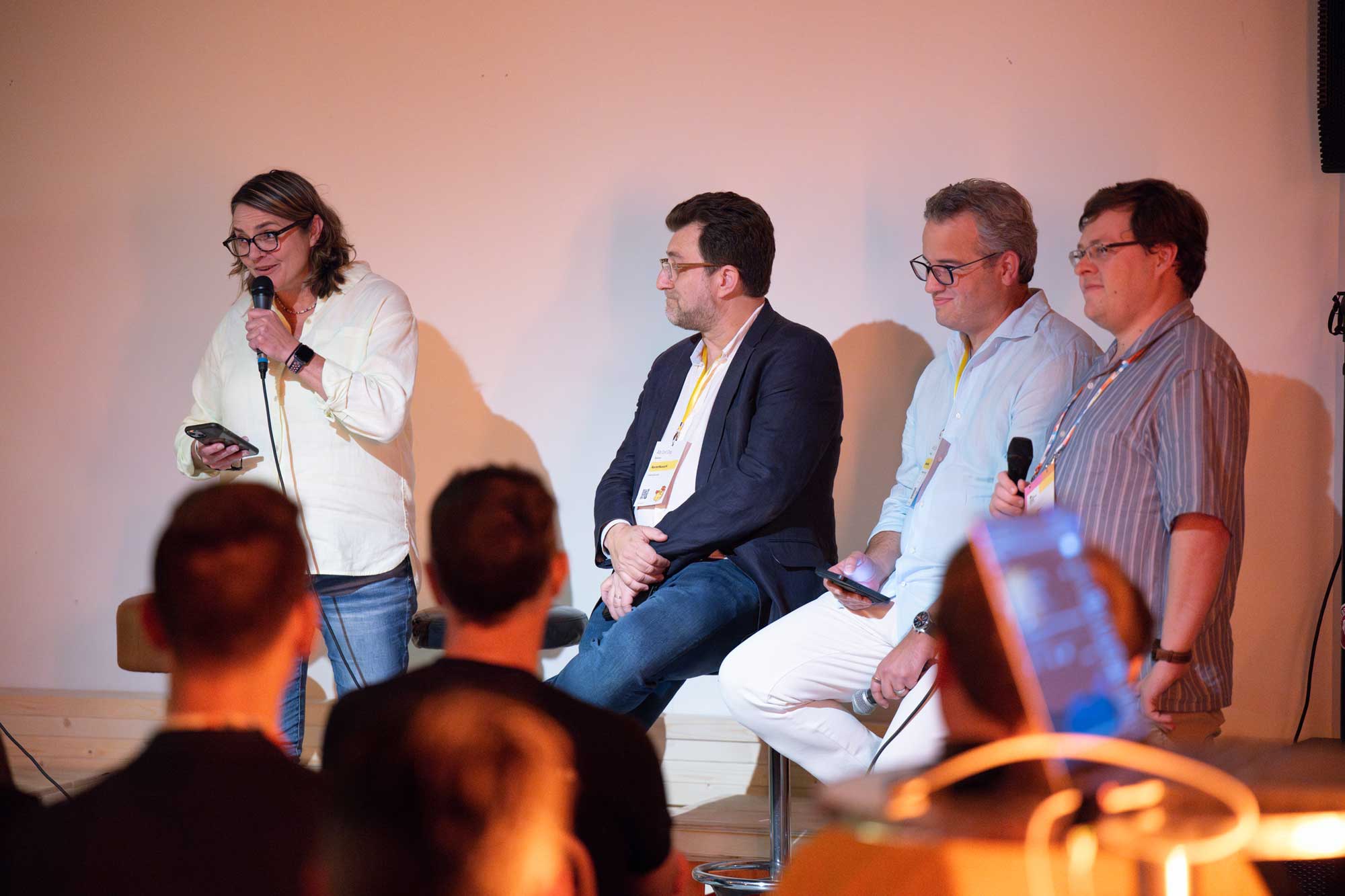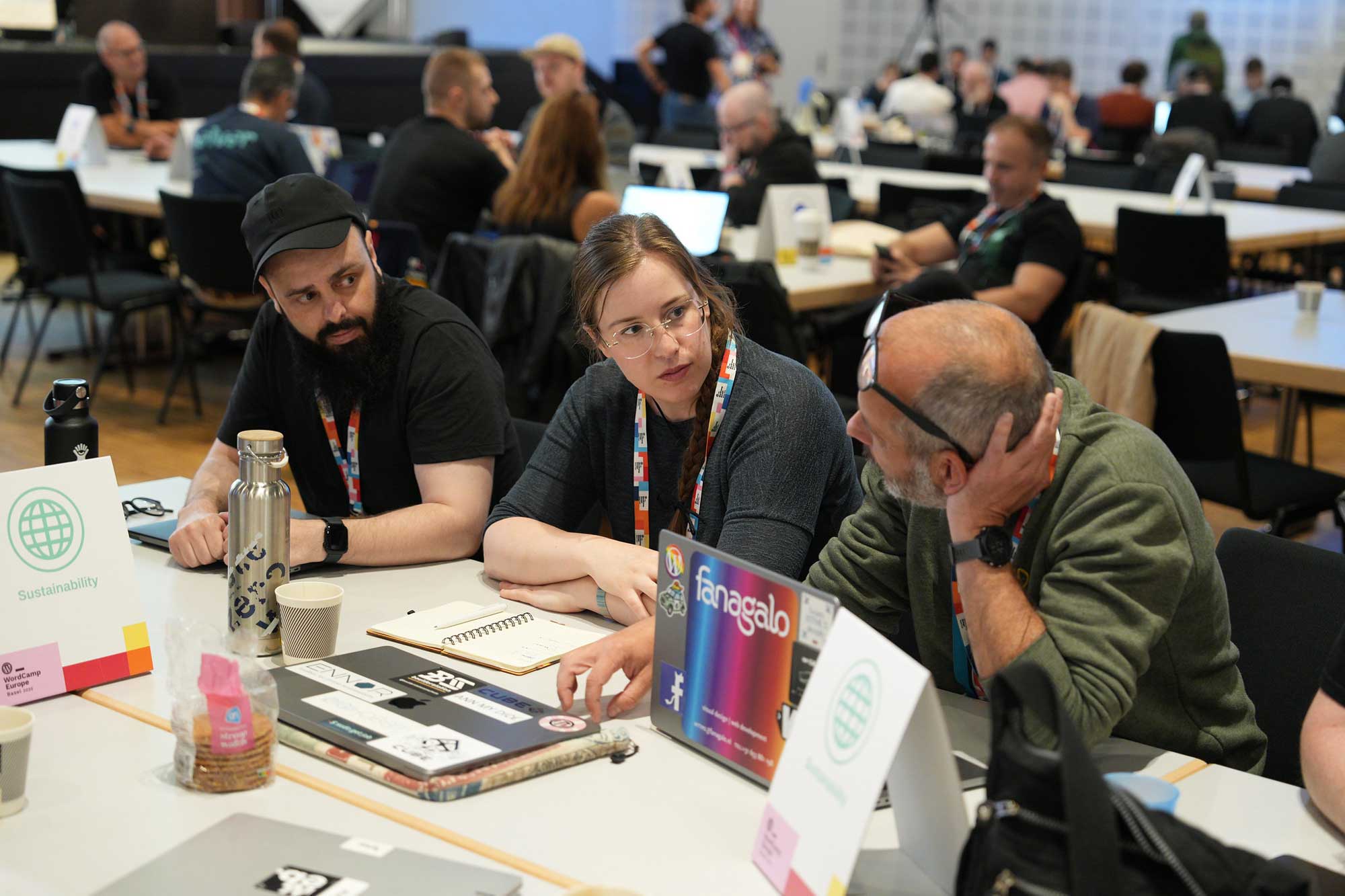After months of uncertainty surrounding bans on WordPress.org, WordPress Executive Director Mary Hubbard has proposed reforms aimed at restoring trust and improving transparency in the project’s moderation practices.
In a post published this week on the Make WordPress blog, Hubbard suggested introducing a formal appeals process, expanding conduct guidelines to better cover Slack behavior, and rotating moderator roles — ideas aimed at rebuilding confidence after a wave of abrupt, opaque bans left many locked out of WordPress.org and Slack.
Hubbard, who returned to Automattic late last year to take on the Executive Director role, previously served as Head of TikTok Americas, Governance and Experience. There, she oversaw end-to-end governance for the platform, with a focus on safety and trust.
“This review wasn’t about undoing everything,” Hubbard wrote in her post. “It was about restoring trust. Trust in the systems we use to moderate, and trust in the people behind them.”
Hubbard’s move to restore trust follows one of the most contentious chapters in WordPress history. In the days and weeks after WordCamp US 2024, a wave of bans hit WordPress.org and Slack, targeting people who criticized co-founder Matt Mullenweg’s handling of his public feud with WP Engine. Among those affected were core committer Ryan McCue, Yoast founder Joost de Valk, Crowd Favorite CEO Karim Marucchi, and The WPCC CEO Sé Reed.
On April 22, Mullenweg announced he was lifting the bans as part of a “WordPress Jubilee,” describing the move as a symbolic reset. “Whatever blocks were in place before are now cleared,” he wrote on the WordPress.org News blog. But the post lacked context or explanation, leaving many in the community confused.
Mullenweg’s announcement, though framed as a gesture of reconciliation, drew criticism for its vagueness. The brief statement offered no details about why the bans had been issued in the first place or what had changed.
Sam Sidler, a former Automattic and Audrey Capital employee, publicly challenged Mullenweg’s framing in a blog post on Monday. He examined the timeline around the announcement and pushed back on Mullenweg’s implication that the bans were lifted in response to the death of Pope Francis.
“The implication that unblocking accounts has anything to do with the pope’s death is demonstrably wrong,” Sidler wrote, pointing out that Mullenweg began lifting bans hours before the Vatican publicly announced the pope’s passing. He suggested more likely explanations: mounting legal pressure from the WP Engine lawsuit, internal dissent within the project, and growing scrutiny from regulators in Europe.
Sidler also criticised the lack of clarity in Mullenweg’s messaging. For many WordPress users reading the post via the dashboard, “you’d be forgiven for having literally no idea what this post is referencing,” he wrote.
A week after Mullenweg’s confusing post, Hubbard and Community Team contributor Destiny Kanno provided additional context, announcing a review of blocked community members. Hubbard confirmed that 32 WordPress.org accounts had been reinstated, with dozens more Slack-only bans still under review.
The reinstatements have been met with mixed reactions. Pantheon Developer Advocate Chris Reynolds, whose WordPress.org account was blocked earlier this year, said he received no explanation for the ban — or for its reversal. In a blog post, Reynolds speculated the block may have been triggered by his use of a 🤡 emoji in response to a Slack message from Mullenweg. The ban prevented him from pushing a security fix for one of his plugins. “I’ve never felt less like a valued member of the WordPress community,” he wrote.
Meanwhile, former Plugins Review Team rep Mika Epstein warned that reversing certain bans could compromise contributor safety. In a recent post, she argued that actions like harassment, death threats, or injecting malicious code are valid reasons to remove someone from the project. “Every single reason you ban someone is to help the community,” she wrote. “Those people, the people who hurt the community, must stay out.”
With the initial review now complete, Hubbard’s post shifts focus to what comes next. Rather than presenting a formal plan, she outlines areas where the project could improve and invites discussion around potential changes:
- A formal appeals process. Hubbard said the project currently lacks a consistent way for contributors to appeal bans. She suggested the need for a documented process outlining how appeals are submitted, who reviews them, what timelines apply, and what criteria are used.
- Updated conduct guidelines for Slack. While WordPress has long had a community code of conduct, Hubbard noted it doesn’t adequately cover Slack behavior—including emoji misuse, reaction harassment, and tone policing. These subtler forms of misconduct, she said, still impact contributor safety and should be addressed.
- Rotating roles for moderators and enforcers. Hubbard also floated the idea of term-based responsibilities to help prevent decision-making power from becoming too concentrated. “It guards against the single points of failure that open source and communities should always aim to minimize,” she wrote.
Notably, Hubbard’s post doesn’t acknowledge the role Mullenweg’s actions played in contributing to the current situation. Instead, her focus is on long-term improvements aimed at building a more accountable community structure.
“Bans and blocks aren’t a sign of failure,” she wrote. “They’re part of maintaining a healthy space. But growth means we keep looking at how we apply them with care, with humility, and with a willingness to evolve.”
Whether these ideas lead to lasting change remains to be seen. But they mark a notable shift in tone — and a first step toward potentially rebuilding trust in how the WordPress project is governed.
Image: Justin Nealey Photography.


